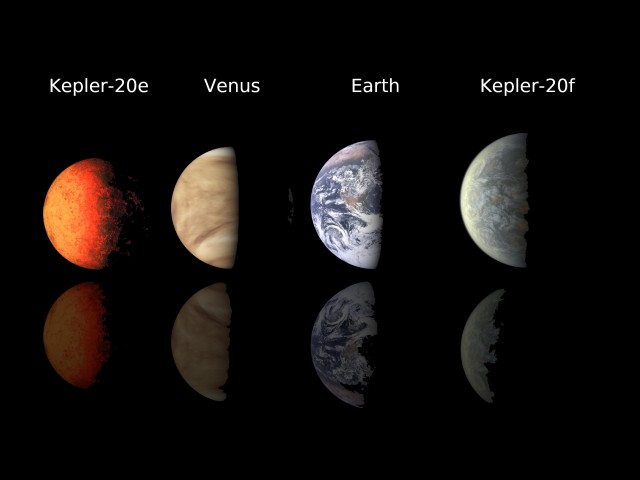
Astronomers have amassed such a gigantic database of identifiable celestial bodies, that naming these objects has largely fallen wayside in favor of efficiency. Devoting time and creative energy cooking up a unique name for a dot in the sky is not worth NASA’s (or other space agencies) time, considering the millions of stars in the observable universe. Exoplanets, planets orbiting a star other than our own, are a different story. Our spacecrafts and telescopes have only spotted about 1800 of them, including the first potentially habitable Earth-sized planet, a planet anticlimactically named Kepler-186F. This is all about to change thanks to the International Astronomical Union.
The IAU just announced that it’s opening up doors to any astronomical group that want to run a non-commercial naming campaign for naming exoplanets and other planetary satellites. Naming conventions will follow the same rules that apply to naming minor planets in the solar system, so don’t expect to re-brand Kepler-20e as Megatron or Captain Planet.
Names cannot surpass 16 characters in length and must be pronounceable “in as many languages as possible,” as well as non-offensive in any language or culture (good luck). They cannot be based on any living persons, nor have a political, military, religious, or commercial connotation, baring folks from naming the first Earth-like planet the most clichéd sci-fi name of all time: New Eden. Pet names are similarly “discouraged” but not officially banned.
The IAU is employing the help of astronomy clubs and other related non-profits to provide the actual naming suggestions and ensure that names remain at least remotely related to astronomical naming conventions. Once this list has been finalized, the public will actually be given the opportunity to rank names on the webpage Name Exoworlds. So if you’ve got a burning suggestion, find out if your closest astronomical club is participating in the naming campaign.
Unfortunately, the winning names will not replace the official scientific designations, however, some stars are more commonly known by their street name than by their real name. When was the last time you’ve heard someone refer to Betelgeuse as Alpha Orionis?
Via Ars Technica
Advertisement
Learn more about Electronic Products Magazine





